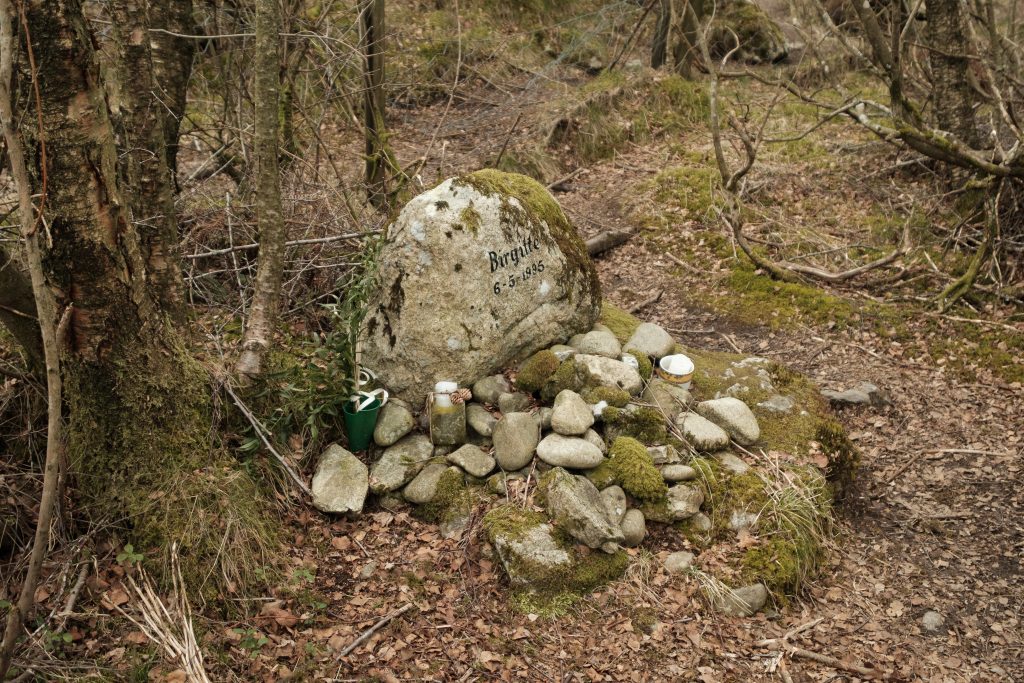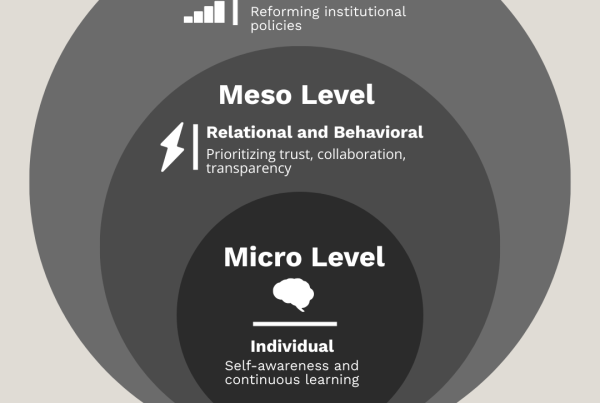The Birgitte Tengs case remains a haunting chapter in Norway’s criminal history, continuously marked by errors of justice. This tragic story, which began in 1995 with the murder of Birgitte Tengs, has been characterised by investigative missteps and controversial interviewing techniques, leading to false confessions. The case’s latest development in 2023, the acquittal of Johny Vassbakk, adds another layer to its complex narrative. Despite DNA evidence, the court criticised the police and prosecution for falling into a “confirmation bias”, highlighting the ongoing need for reliable and ethically sound practices in criminal investigations.
A Glimpse into the Birgitte Tengs Case
In 1995, Norway was shaken by the tragic killing of Birgitte Tengs, a young girl brutally murdered in her hometown of Kopervik on the west coast. The investigation, initially struggling with a lack of clear evidence, became a complex web of rumours, false leads, and controversial police work, resulting in a police-induced false confession, deep family conflicts and one of Norway’s most infamous unsolved mysteries.

Recent Developments
The Gulating Court of Appeal’s acquittal of Johny Vassbakk in December 2023 has again shed light on crucial oversights in the investigation. The accusation against Vassbakk originated from the discovery of his DNA on Birgitte’s clothing, which led the police and prosecution down a narrow investigative path. They argued that a mixed DNA sample from Vassbak and Tengs was proof of his involvement in the crime. The court did not agree. Vassbak was acquitted. The judges criticised the prosecutors for falling into a confirmation bias, particularly in their interpretation of this DNA evidence. This kind of criticism has never been seen before and highlights the dangers of over-reliance on singular pieces of evidence and the need for a more comprehensive and objective approach to criminal investigations.
Key Oversights
Critical errors at the beginning of the Birgitte Tengs case, particularly in interviewing techniques and lack of real-time documentation, played a significant role in the case’s trajectory. The use of leading questions and psychological pressure led to a false confession, undermining the investigation and shifting the focus away from other viable leads.
The recent developments, on the other hand, were significantly impacted by the seemingly over-reliance on DNA evidence and repeated instances of confirmation bias. These critical errors not only undermined the integrity of the investigation but also led to wrongful implications and a significant delay in justice. Tunnel vision and confirmation bias were probably underlying factors that led to the police-induced false confession in this case.
The Human Cost of Investigative Failures
The case’s mismanagement delayed justice for Birgitte and her family and wrongfully implicated her cousin and now Johny Vassbakk, illustrating the high cost of investigative errors.
Towards an Ethical Future in Criminal Investigations
The Birgitte Tengs case underscores the crucial need for ethical investigative techniques, combining reliable recording equipment with comprehensive training. Had the interviews in this case been recorded, lessons could have been learned more rapidly, helping to avoid similar errors in the future. Recording serves not just as a tool for transparency but also as a critical resource for training and feedback.
Training, particularly in investigative interviewing methods and mindset, is paramount. It’s about fostering a culture within the police force that values continuous learning, open feedback, and leadership that is committed to ethical practices. By focusing on training and better tools for transparency, oversight and better processes, we can empower law enforcement officers to conduct interviews more effectively, sensitively, and impartially.
Davidhorn’s Commitment
At Davidhorn, we understand and learn from the lessons from cases like Birgitte Tengs’. We offer state-of-the-art recording technology designed to enhance the integrity and reliability of investigative interviews. Our solutions ensure clear, tamper-proof recordings, providing an objective account that supports the principles of ethical interviewing. By integrating our advanced recording technology into investigative processes, we help law enforcement agencies, and interviewers maintain the highest standards of accuracy and fairness, thereby contributing to rebuilding trust in society and strengthening institutions.
We are also dedicated to offering comprehensive training programmes that enhance the skills of interviewers, ensuring that they are equipped with the necessary techniques and mindset to conduct ethical interviews and investigations.
Our aim is to cultivate a culture of learning and improvement, where feedback is used constructively to develop leadership within the police force, thereby fostering a more ethical and effective approach to criminal investigations.
In summary, the Birgitte Tengs case serves as a powerful reminder of the necessity for a balanced approach that combines ethical investigative interviewing with the accountability provided by comprehensive recording. Davidhorn is committed to being a part of this ethical future.



